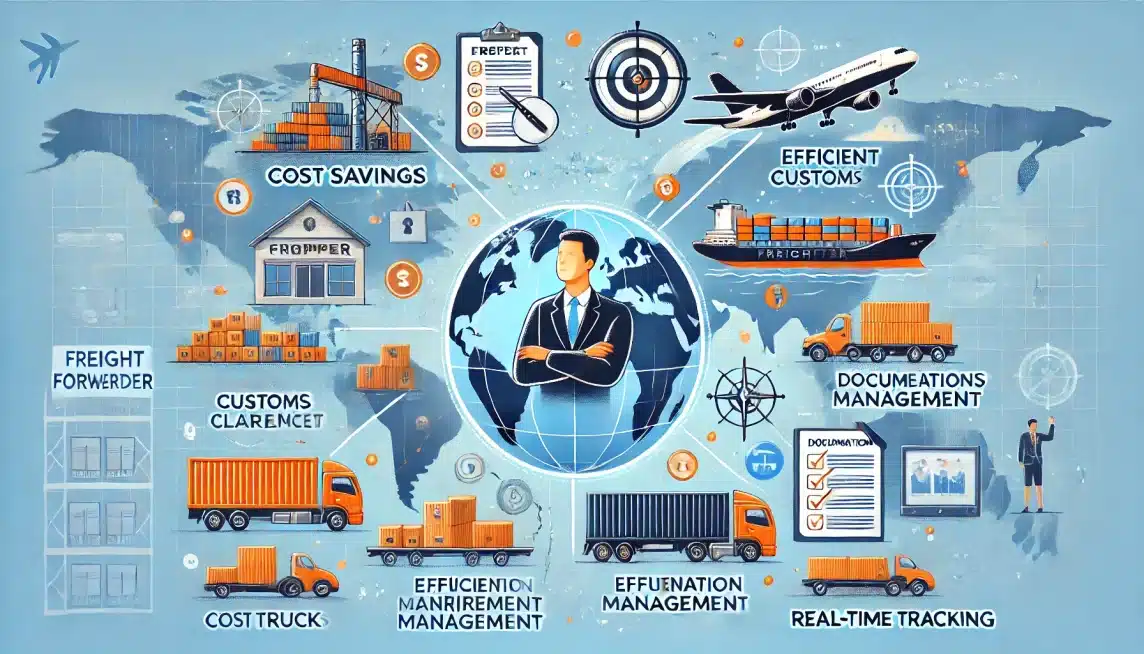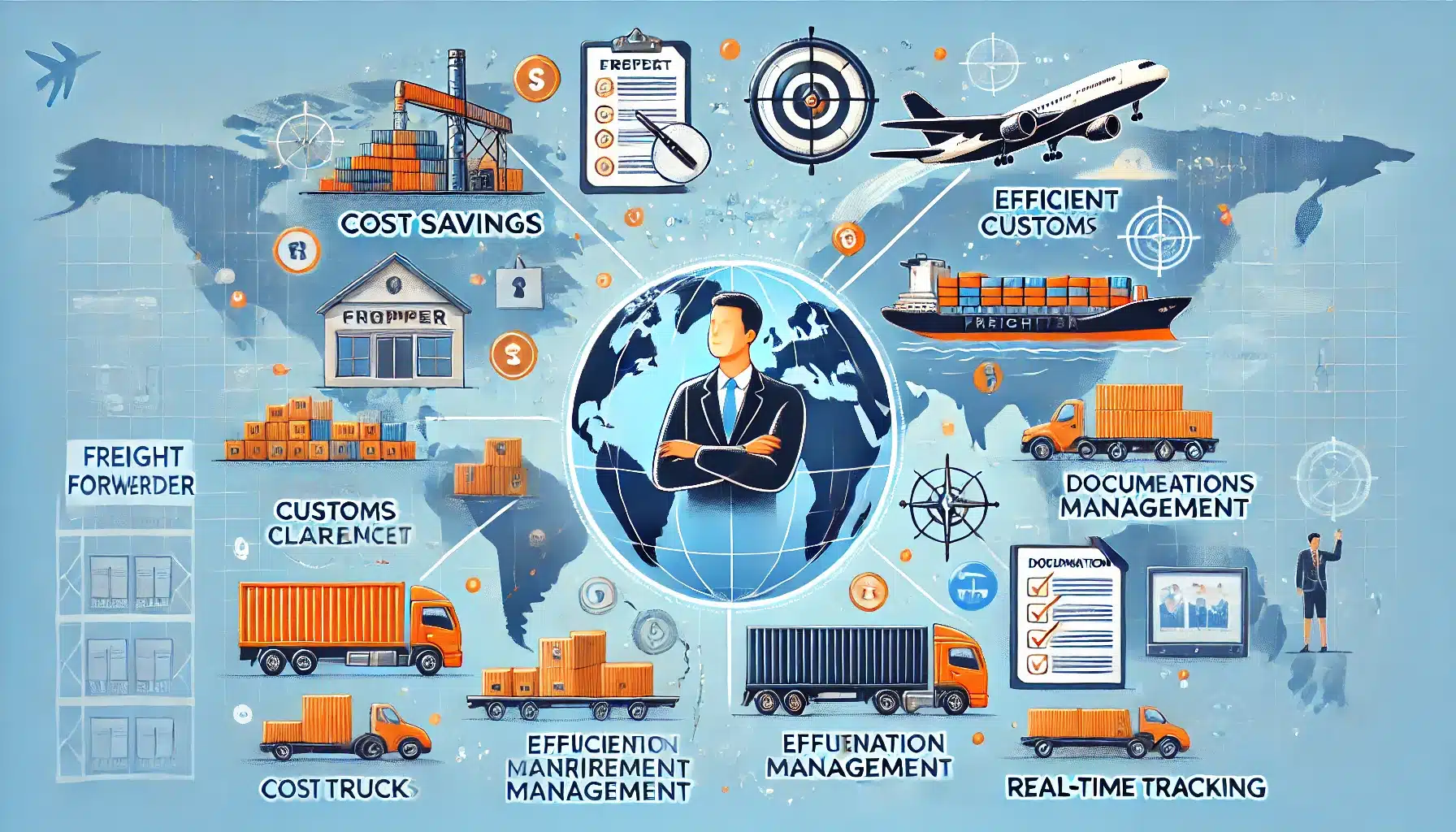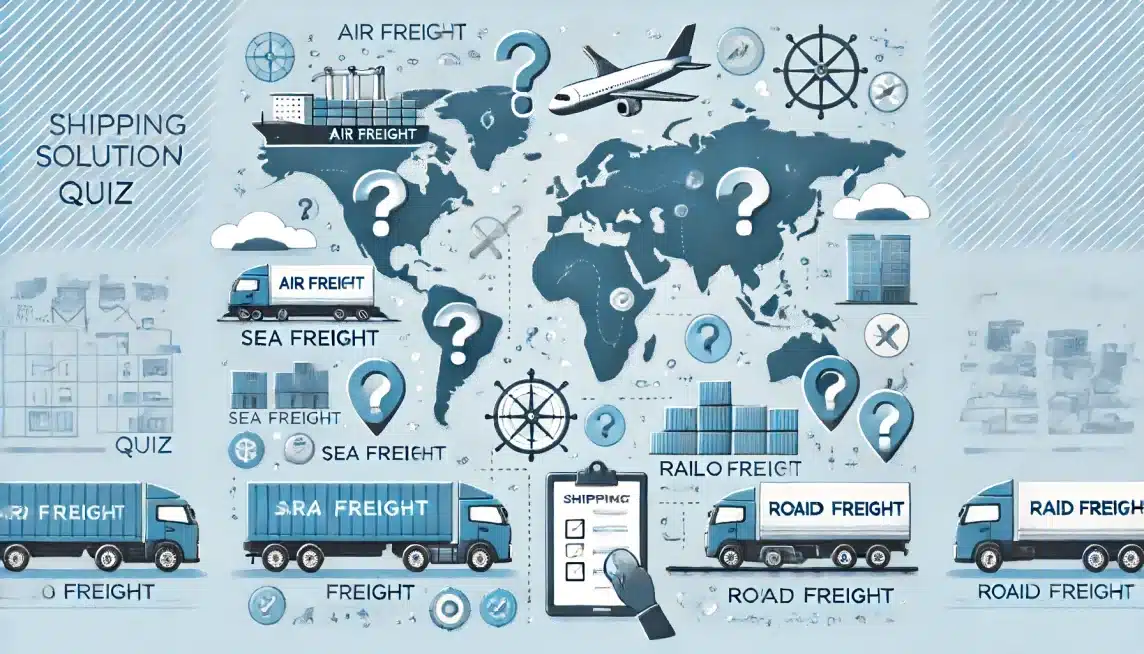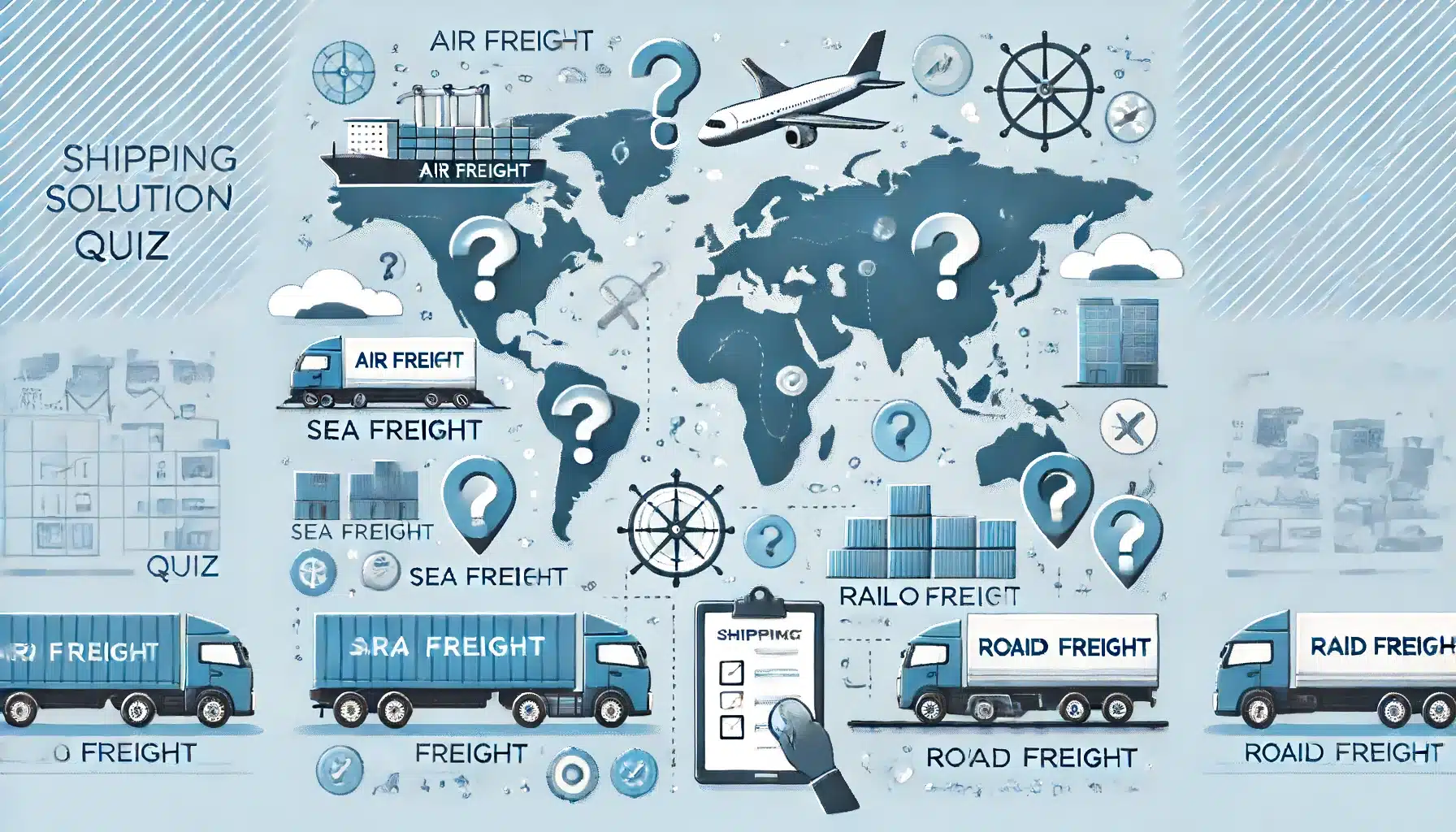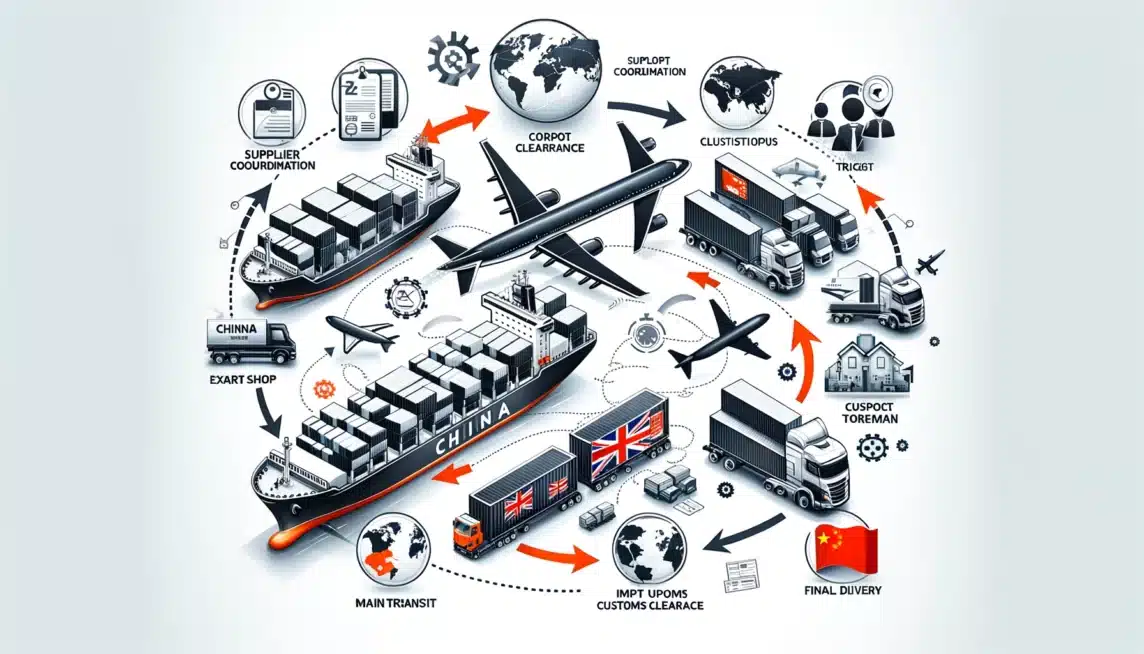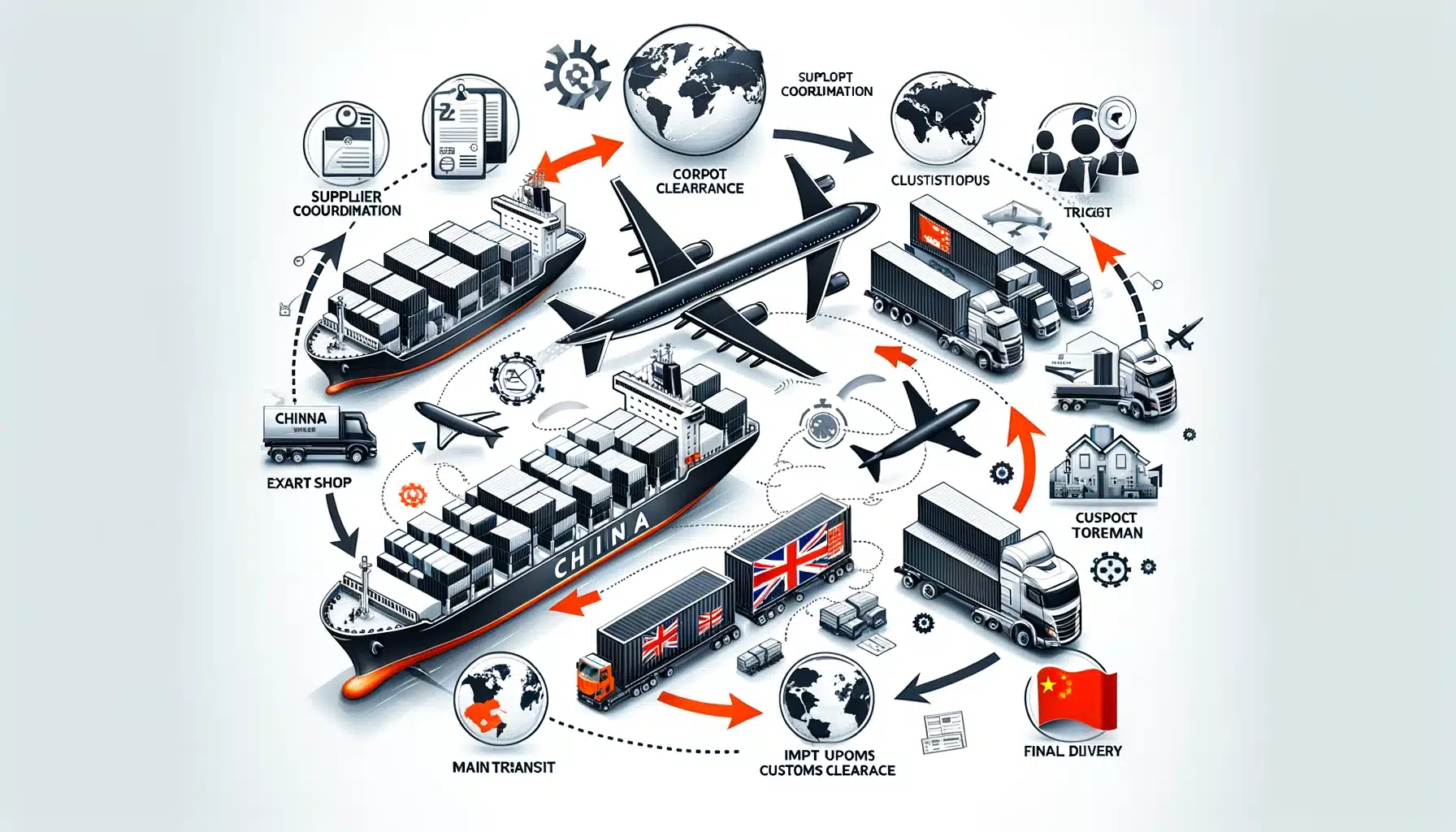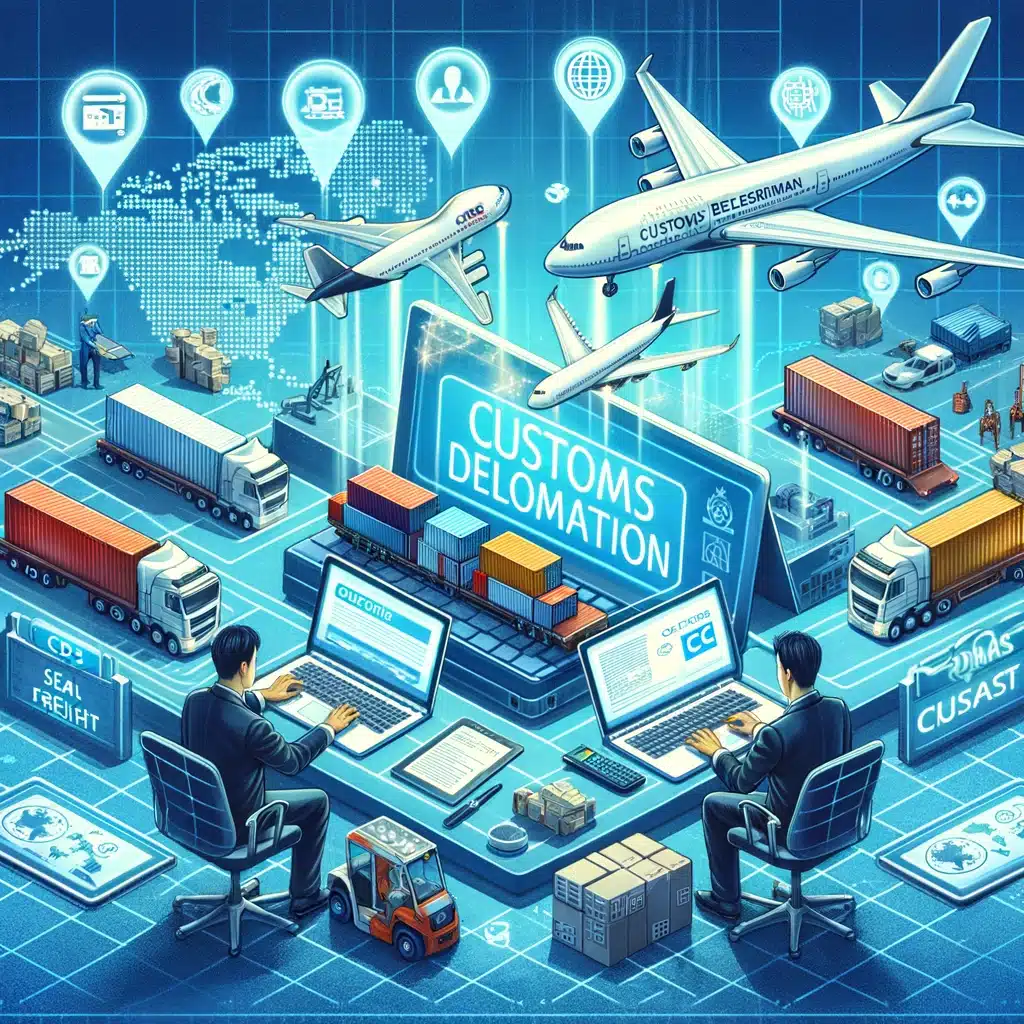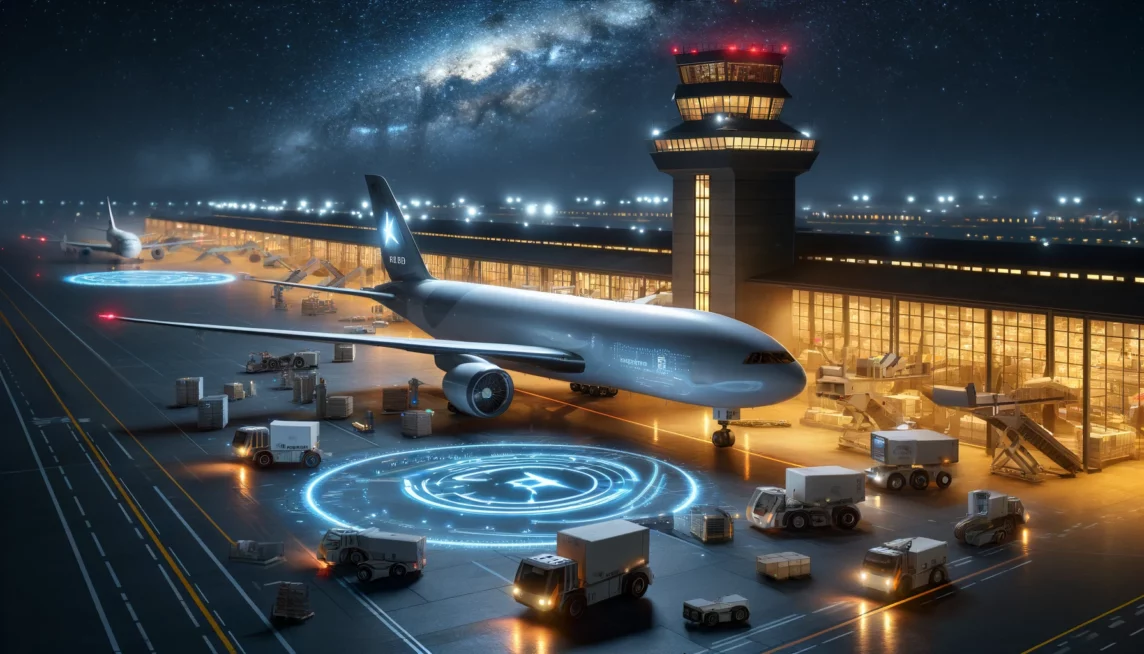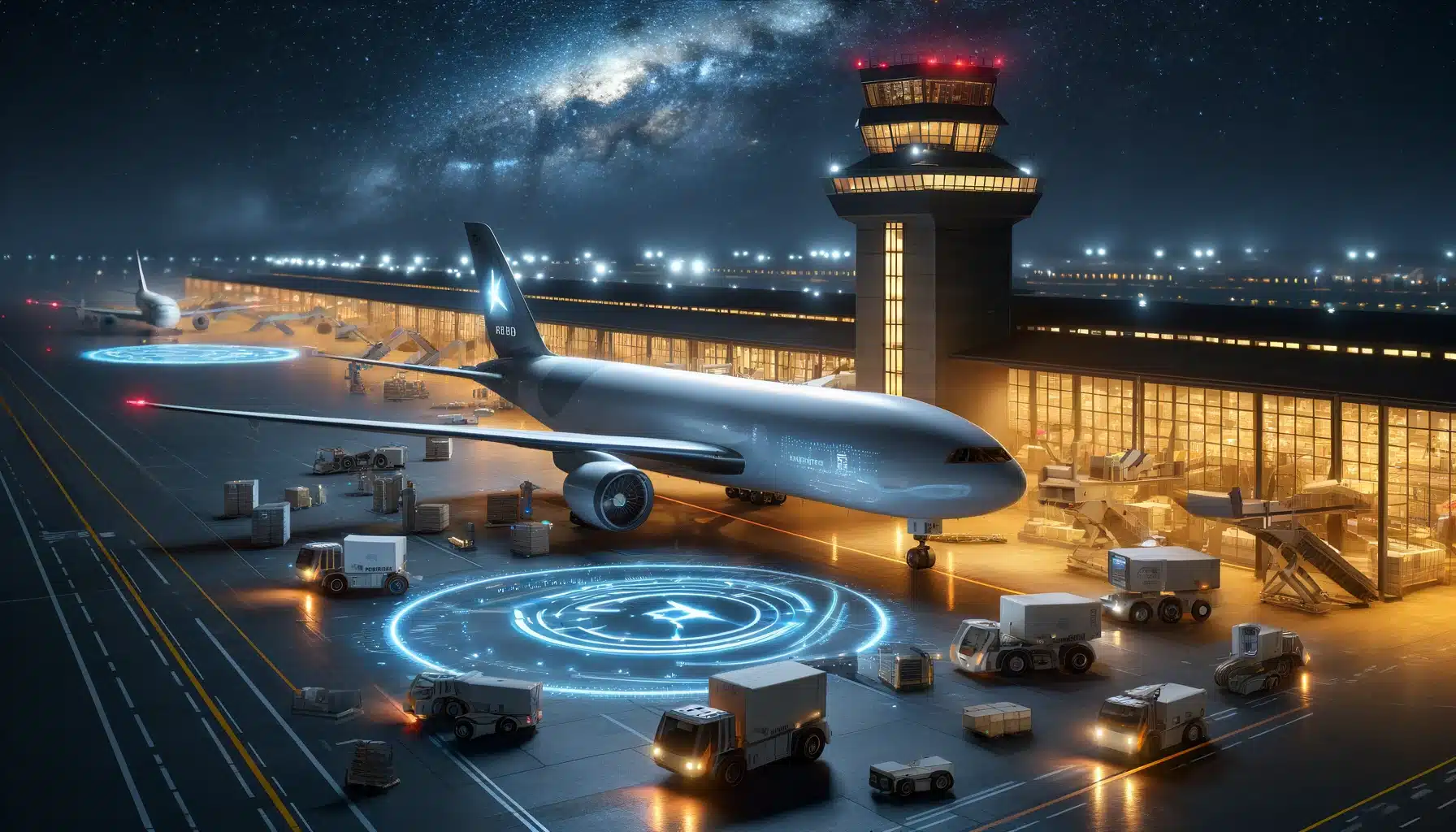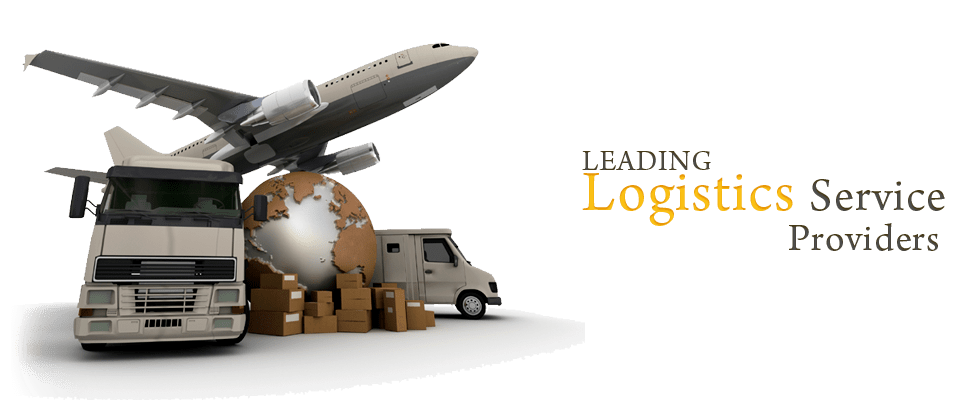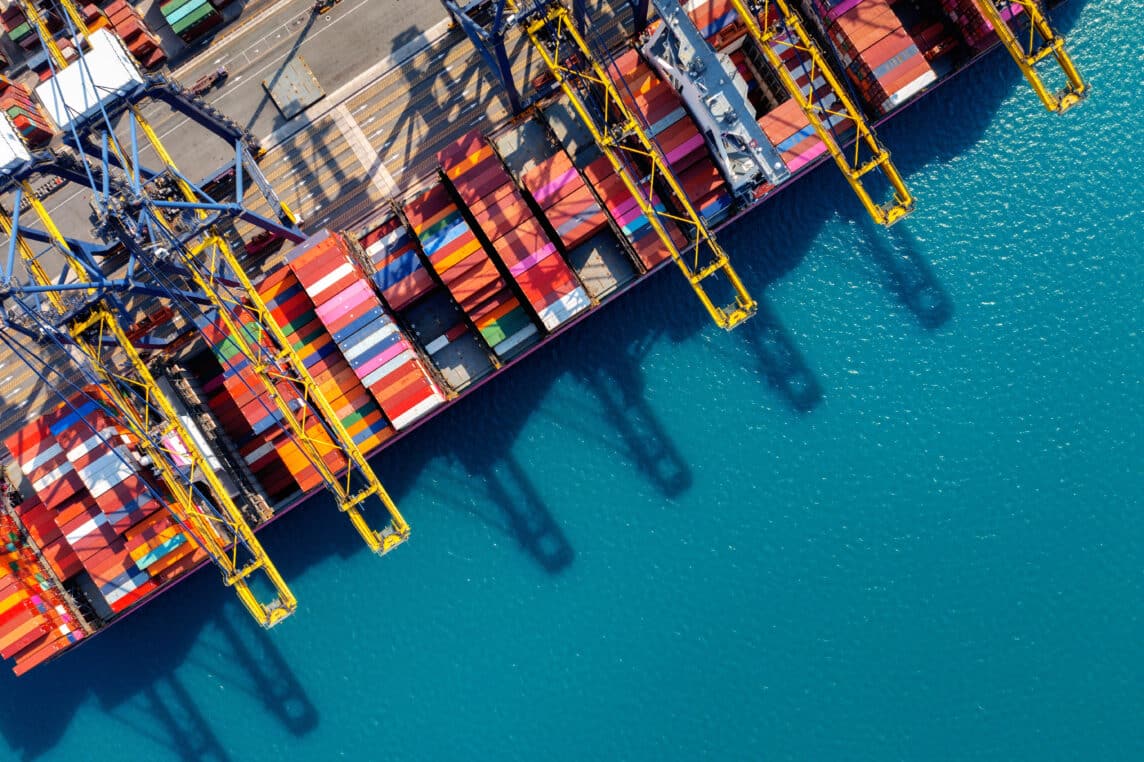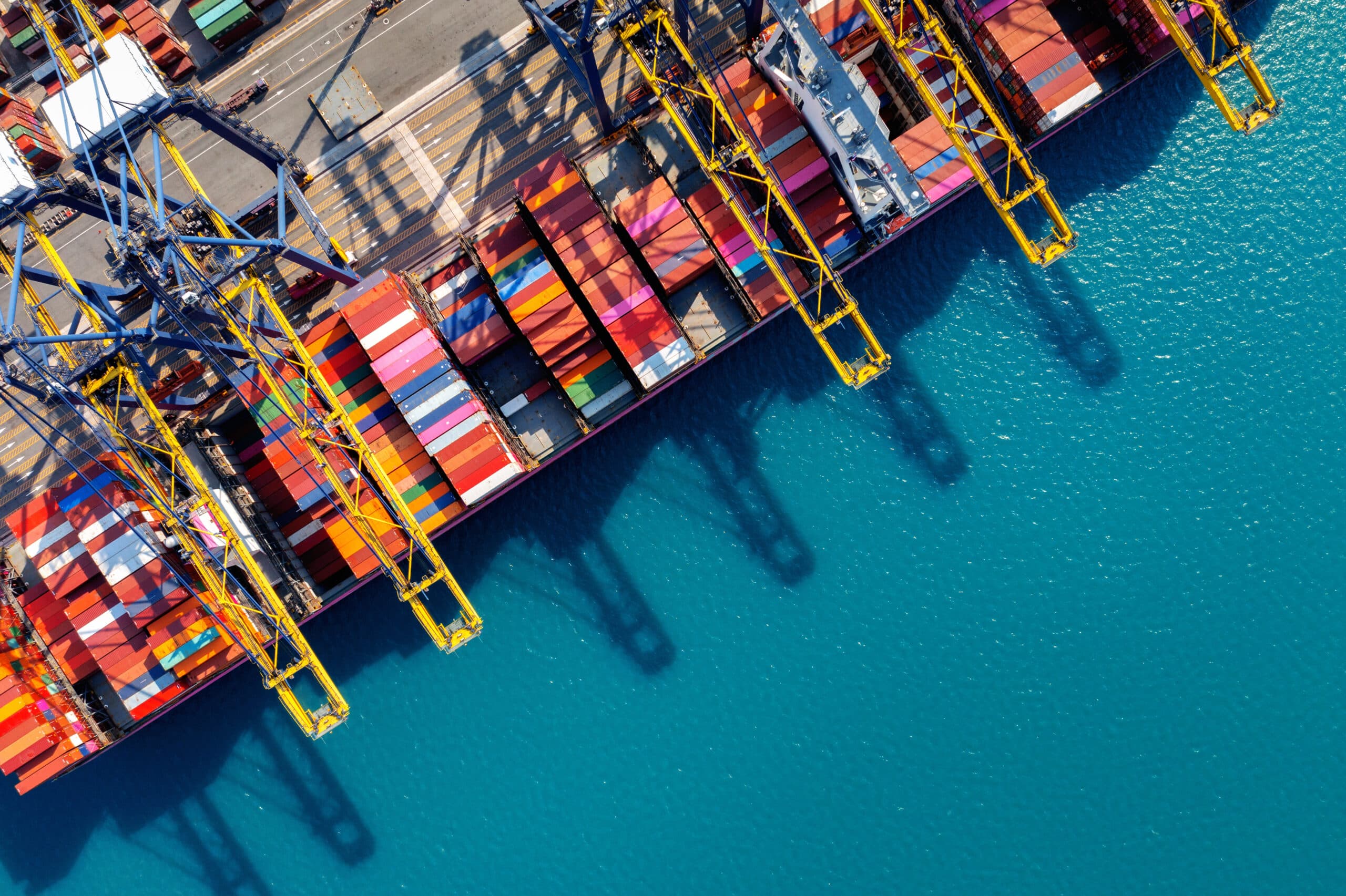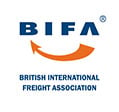
Unlocking the Secrets: 7 Powerful Tips to Master International Shipping Rates
Milky Way Logistics Presents 7 Powerful Tips to Master International Shipping Rates
Navigating the complexities of international shipping rates can be challenging, but understanding the key factors can help you optimize costs and ensure timely deliveries. Here at Milky Way Logistics, we’ve compiled seven powerful tips to help you master international shipping rates. This guide will provide valuable insights into the components that influence shipping costs and practical strategies to manage them effectively.
1. Understanding the Components of International Shipping Rates
To master international shipping rates, it’s crucial to understand the various components that make up these costs. Shipping rates typically include transportation fees, fuel surcharges, customs duties, taxes, and handling fees. Each of these elements can significantly impact the total cost, so having a clear understanding can help you make informed decisions and find ways to reduce expenses.
2. Optimize Packaging to Reduce Costs
One of the easiest ways to lower your international shipping rates is to optimize your packaging. Use the smallest possible boxes that still provide adequate protection for your items. Reducing the size and weight of your packages can lead to significant savings, as shipping rates are often calculated based on these factors.
3. Choose the Right Shipping Mode
Selecting the appropriate shipping mode for your needs can greatly influence your international shipping rates. For example, air freight is faster but more expensive than sea freight. If your shipments are not time-sensitive, opting for sea freight can help you save money. Additionally, consolidating shipments can reduce costs by sharing space with other consignments.
4. Leverage Technology for Better Rate Management
Technology can be a powerful ally in managing international shipping rates. Utilize shipping software to compare rates from different carriers, track shipments in real-time, and manage documentation efficiently. These tools can help you find the best rates and streamline your shipping processes, ultimately saving you time and money.
5. Understand and Comply with Customs Regulations
Customs duties and taxes can significantly affect your international shipping rates. Understanding the customs regulations of the destination country and ensuring compliance can help you avoid costly delays and penalties. Proper documentation, including commercial invoices and certificates of origin, is essential for smooth customs clearance.
6. Negotiate with Carriers for Better Rates
Building strong relationships with carriers and negotiating better rates can lead to substantial savings. If you frequently ship large volumes, carriers may offer discounts or customized pricing. Don’t hesitate to discuss your shipping needs and explore options for reducing costs through long-term contracts or volume-based discounts.
7. Monitor and Adjust Shipping Strategies Regularly
The world of international shipping is dynamic, with rates and regulations constantly changing. Regularly reviewing and adjusting your shipping strategies can help you stay competitive and control costs. Monitor market trends, stay updated on regulatory changes, and be prepared to adapt your strategies accordingly.
Conclusion
Mastering international shipping rates is paramount for businesses engaged in global trade. To achieve cost-effective and efficient international shipping, it is crucial to understand and manage the various components that influence shipping costs. This includes optimizing packaging to reduce size and weight, choosing the right shipping mode based on the urgency and nature of the shipment, and leveraging advanced technology for rate comparison and real-time tracking.
Complying with customs regulations and ensuring all necessary documentation is in order can prevent costly delays and penalties. Additionally, building strong relationships with carriers and negotiating better rates, especially for large-volume shipments, can lead to significant savings. Regularly reviewing and adjusting shipping strategies in response to market trends and regulatory changes is essential to stay competitive.
At Milky Way Logistics, we are committed to providing our clients with the expertise and innovative solutions needed to navigate the complexities of international shipping. Our goal is to help businesses optimize their shipping processes, reduce costs, and ensure timely and reliable deliveries. We understand that each business has unique needs, and we offer personalized services to meet those requirements. By partnering with us, you gain access to a team dedicated to unlocking the secrets of international shipping rates, ensuring your global operations run smoothly and efficiently.
For more detailed information on how Milky Way Logistics can assist you with your shipping needs, we encourage you to contact us today. Together, we can work towards mastering international shipping rates and achieving your business goals in the global marketplace. Let us help you turn the challenges of international shipping into opportunities for growth and success.


